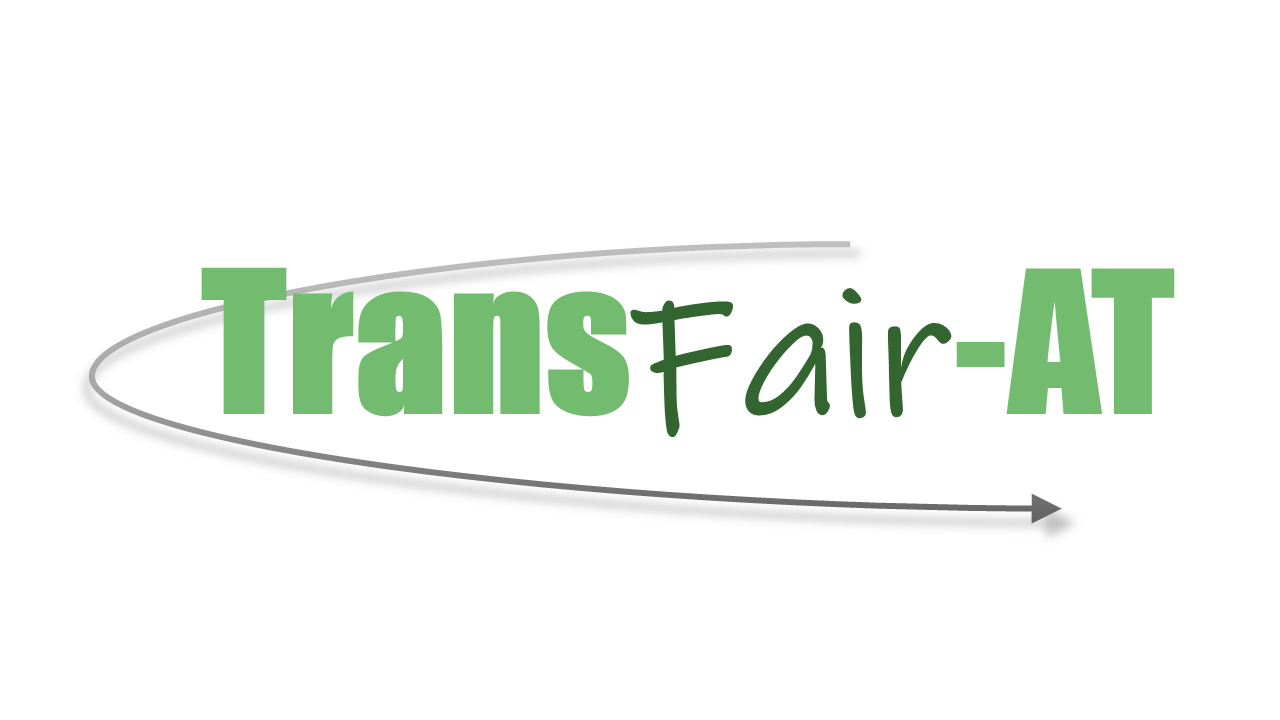Work Package 1: Foundations
Description
Work Package 1 consists of five tasks:
- Construction of a common household database
- Identification of representative household types
- Development of decarbonisation policy scenarios
- Development of scenarios for compensation measures
- Scenario validation and finalisation
Construction of a common household database
A common household database was constructed, which is a matched dataset containing individual data of the EU-SILC dataset and the Austrian Household Budget Survey. This database serves as the joint database for all models in the project framework and allows the identification of representative household types in the next task.
Identification of representative household types
Household types are identified starting from the common household database set up in the previous task. The results of a data analysis was combined with a literature survey and discussions with experts and stakeholders to define a final set of representative households that was the focus of the model analysis in Work Package 3.
Development of decarbonisation policy scenarios
Policy scenarios until 2040 were developed that depict options for a full decarbonisation of passenger transport and residential buildings in Austria. The scenarios include a broad range of policy instruments such as price-based instruments (energy or carbon taxes, road pricing, subsidies), command-and-control instruments (like building standards or bans of combustion engines) or public spending on infrastructure (e.g. for improving public transport). Moreover, exogenous factors (like net energy prices or population growth) are considered. Starting point for the scenarios was a comparison with countries with ambitious energy and climate policy (e.g. Norway, Sweden, Denmark), as well as the standard price forecasts used e.g. by the EU.
Development of scenarios for compensation measures
In addition to the decarbonisation policy scenarios, scenarios for policies mitigating negative distributional effects of climate policy measures for different household types in Austria (e.g. eco-bonus payments from additional tax revenues, subsidy programs targeted at low-income households) were developed.
Scenario validation and finalisation
A workshop (Work Package 5) with researchers and stakeholders from administration, interest groups and NGOs was organised to discuss both the decarbonisation and compensation policy scenarios and to validate the scenarios and the household typologies. Moreover, upon completion of first model simulations in WP4 and discussions of the findings with stakeholders and the Scientific Advisory Board (SAB), the scenarios were refined and adjusted.






